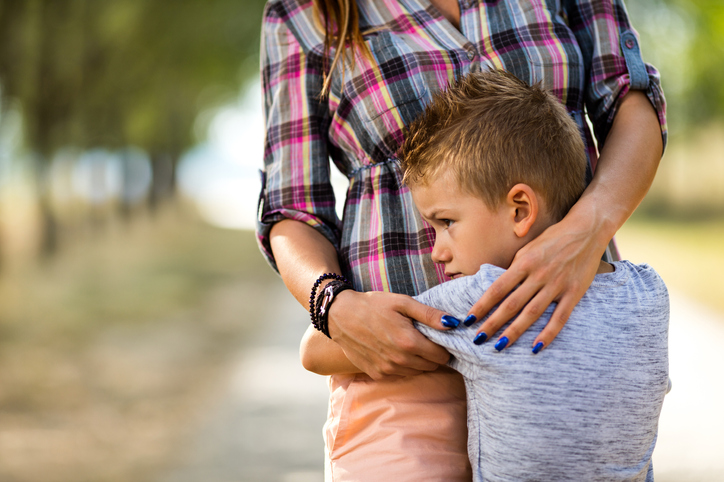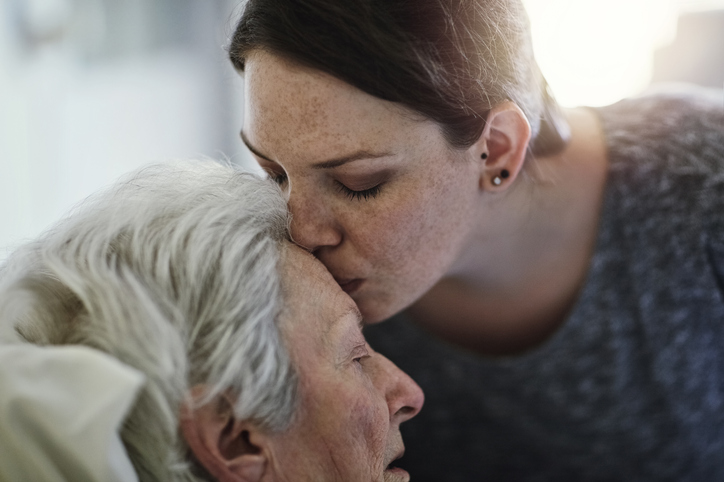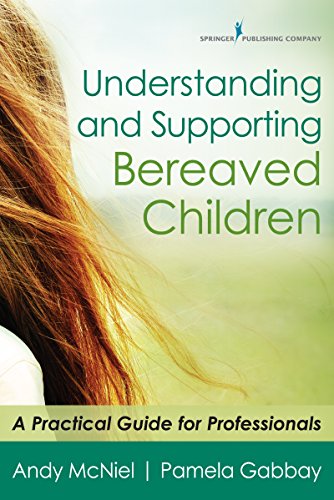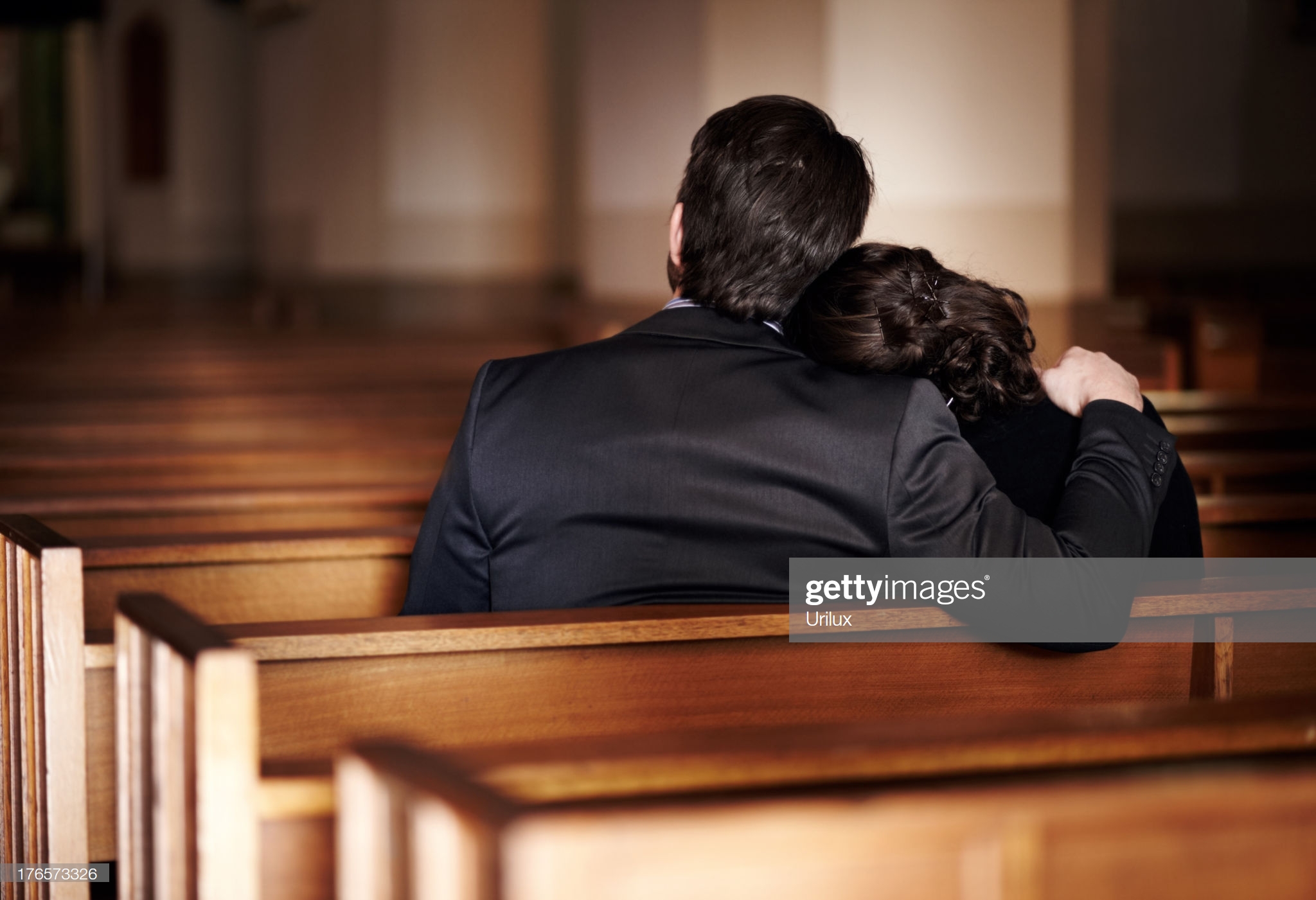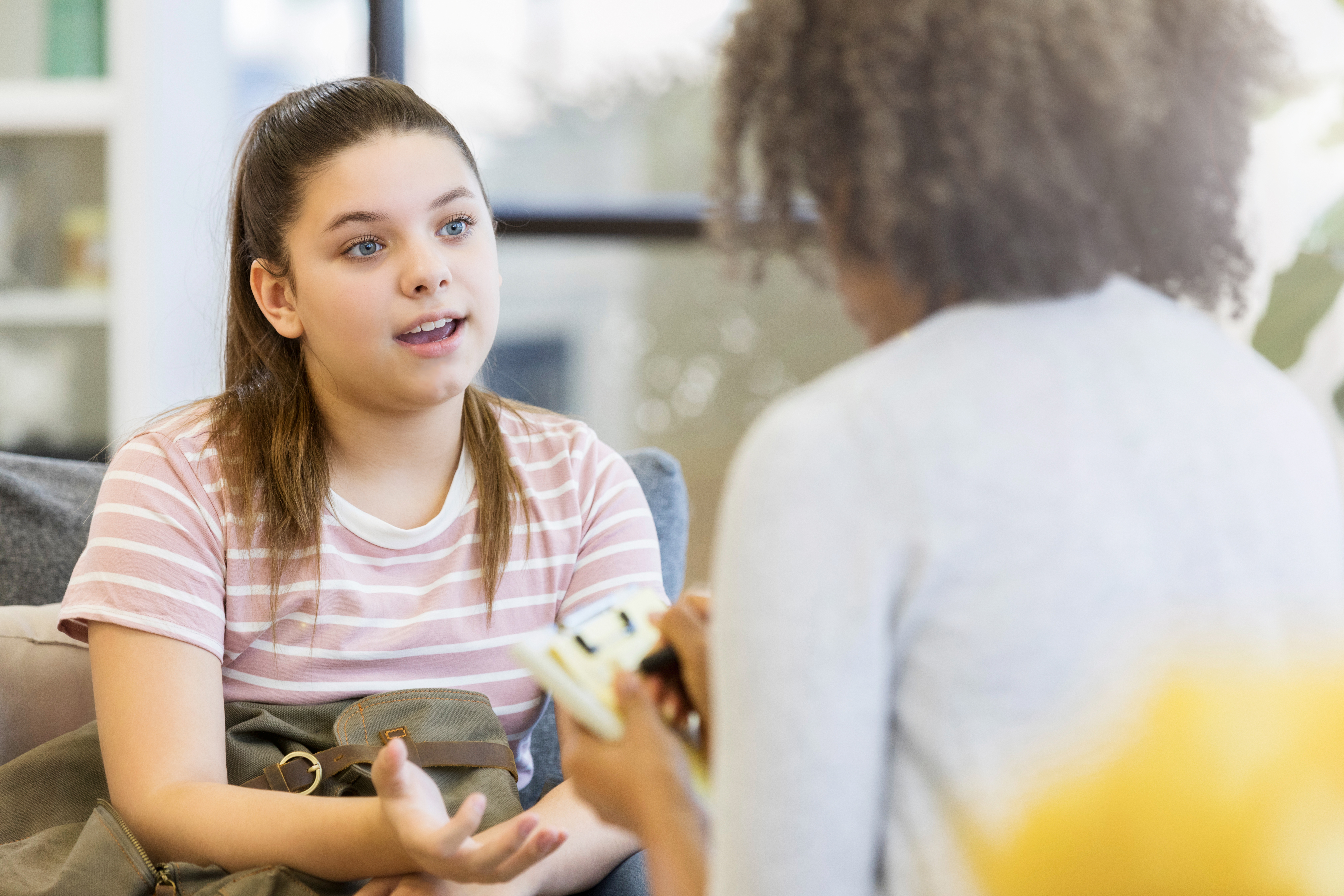No More "At Least..."
At least you have other children.
At least you still have your health.
At least she’s in a better place.
At least you can have other children.
At least you had so many years together.
At least you had the chance to say good-bye.
(Take a deep breath—there’s more)
At least you know where he is.
At least it was so early in the pregnancy.
At least you still have your friends and family.
At least you have your faith.
At least you’ve been through this before and know how it goes.
At least you have your work and things to keep you busy.
At least you have memories of good times.
OK, no more for now. It’s a hard list to read (and write) even though there are more “at least” statements that could be added. But hopefully these are enough, or more than enough.
Brene Brown is a social work professor, researcher, writer, and popular TED Talk presenter. In recent years, she has written and talked a lot about empathy. Empathy is different from sympathy, she explains, as empathy is about connection and sympathy is about distance. Not surprisingly, she’s on Team Empathy. She suggests that one way not to show empathy is to say anything to a hurting or grieving person that begins with the words “at least…”
So, what’s the problem with “at least?” Aren’t we helping by reminding the grieving person that, despite how it may feel in the present, all is not lost?
Well, actually there are several problems with “at least.” It’s not usually helpful, and it can work against someone feeling supported.
When we’re hurting, we often feel like no one understands. At a minimum, we want recognition by others that what we have lost is really significant, a big deal. When someone says to us, “At least (fill in the blank),” we are not getting the understanding and validation we need. Instead, we are getting the message that the person trying to offer comfort doesn’t understand and respect the significance of what we’re experiencing. Instead of acknowledgement and validation, we get minimizing, and having our pain and loss minimized does not help.
In the middle of grief, we also often feel alone even when we are with other people. And we can be literally alone, as sometimes others avoid us not knowing what to say or do in the presence of our pain. Loss can also distance us from others, as our loss experiences can intimidate and create anxiety in those around us. Loss reminds us of the dark sides of life and how bad things can happen to any of us. In the isolating parts of grief, we need to feel connected. As Brene Brown reminds us, empathy connects, but saying anything starting with “at least” puts more distance between ourselves and others.
John Schneider has written insightfully that grief is a process of discovery of what is lost, what is left, and what is possible. When we offer an “at least…” we can tell ourselves that we’re just trying to remind someone of what they have not lost, of what they have left. What we say can be true, but this is not our job (unless asked). Our job as caring people is to connect, try to understand, and lessen the loneliness of grief. It is the griever’s burden and opportunity to figure out what is left and what is eventually possible. We can support them in this task, but we cannot take it away. And when we “at least” someone, we are trying to fast-forward past the “what is lost” task. Despite our best intentions, grief doesn’t and won’t work that way.
Years ago, a chaplain friend shared this story with me. He was attending a professional conference soon after the death of his son. While there, he connected with a colleague and friend from another part of the country. They compared notes about their lives, including the recent death of my friend’s son. After a while in the conversation, his colleague said something like this: “Well, other than the loss of your son, how has your year been?” It was a stunning proposal—let’s try to separate the loss of your son from the rest of your life. In spirit, it was an “at least” statement: “At least the death of your son didn’t determine everything in your life.” Not empathy, not connection, not comfort.
So, let’s make ourselves a promise: We will not try to comfort grieving people by saying anything beginning with the words “at least.” Unless asked, we will not remind them of what they have left. Instead, we will listen, validate what they have lost, and be the best companions we can in their suffering. At least we can try.

Greg Adams, LCSW, ACSW, FT
Program Coordinator
Center for Good Mourning
[email protected]


